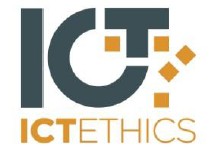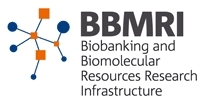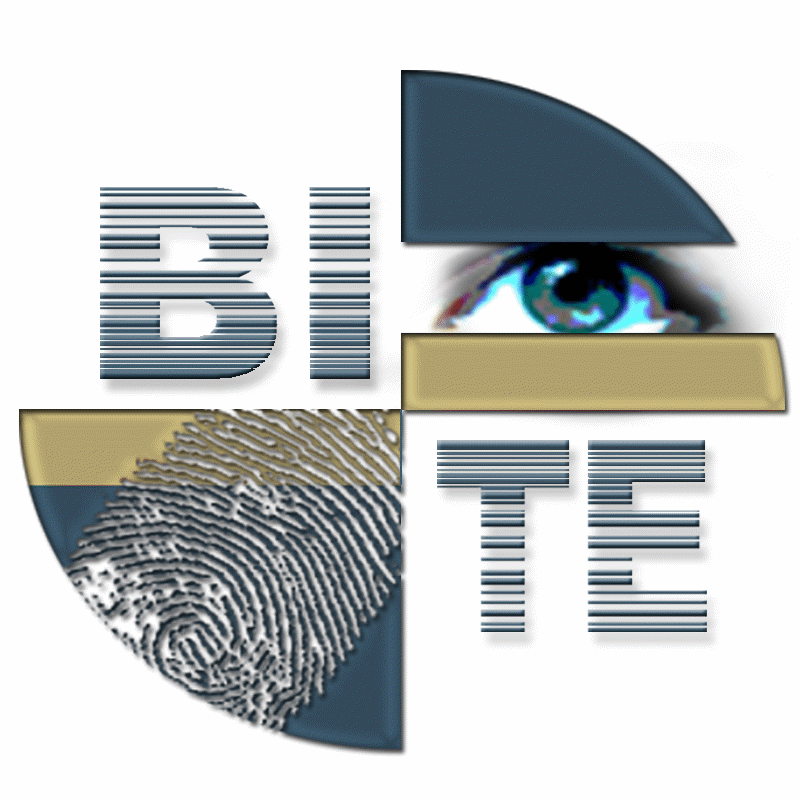ICTethics
-
ICTethics performed an integrated ESLA analysis of identified strategic ICT developments that have the potential to revolutionise our lives. The results of the study were translated into a targeted feedback to all stakeholders involved, to the public at large and to general ICT innovation and e-inclusion policy in Europe.
-
Challenges engendered by new and emerging ICTs
Among key challenges is the fact that many legislations and directives are obsolete and unable to keep pace with the implications of new ICT developments. To further explore these challenges, the ICT ethics partners were devoted to strategic networking and communication. These activities supported the development of four interconnected research lines, each focusing on specific flagship developments:
1) Intelligent environments
Focus area: Personal health systems2) Convergence of physical, mental and virtual
Focus area: Assistive robotics and "smart" implants3) Internet of things
Focus area: Radio-frequency identification (RFID)4) ICT for human security
Focus area: Biometric identification -
Cesagen's flagship development on assistive robotics and "smart" implants
In a 2009 EC policy perspective on European robots, future robots are described as "smarter, safer, and more sensitive". They will be more-than-machines, for example, companions and efficient helpers. Similarly, the 2009 Strategic Research Agenda (SRA) for European robotics, titled Robotic Visions (to 2020 and beyond), argues that "[w]ith increased flexibility and ease of use, robots are at the dawn of a new era, turning them into ubiquitous helpers to improve our quality of life by delivering efficient services in our homes, offices, and public places."
The 2010 UK (BIS) foresight document on Technology and Innovation Futures also teaches us that, "[o]ver the next decade, the convergence of information technology, nanoscale engineering, biotechnology and neuroscience is likely to lead to highly sophisticated bio-interfaces" (Foresight Horizon Scanning Centre, 2010 - Annex: 136). This document is one among many (e.g. UK MoD Strategic Trends Programme), predicting a proliferation in direct brain-computer interfaces, neural prosthesis, and hybrid computers using technology and organic tissue. The perceived opportunities are e.g. hands-free computing and communication, greatly improved understanding of brain functions, and physical/cognitive enhancement.
Summary of Conclusions and Recommendations (Lancaster University)
Novel Neurotechnologies: Intervening in the Brain (Cesagen's response to the Nuffield Council on Bioethics consultation on neurotechnology)
-
Members of the Cesagen team
Ruth Chadwick
Kristrún Gunnarsdóttir
Adrian MacKenzie, PI
Paul McCarthy, PI
Charlotte Harwell (assistant)Project partners:
International Forum for Biophilosophy, Belgium (coordinator)
Cesagen - Lancaster University, United Kingdom
University of Leeds, United Kingdom
Fondazione Lelio e Lisli Basso-Issoco, ItalyContract No: FP7-230368
Programme: FP7 Capacities
Science in Society
Ethics and new and emerging fields of science and technology
EU Grant: 942.540 €
Completed: 20 Aug 2013













